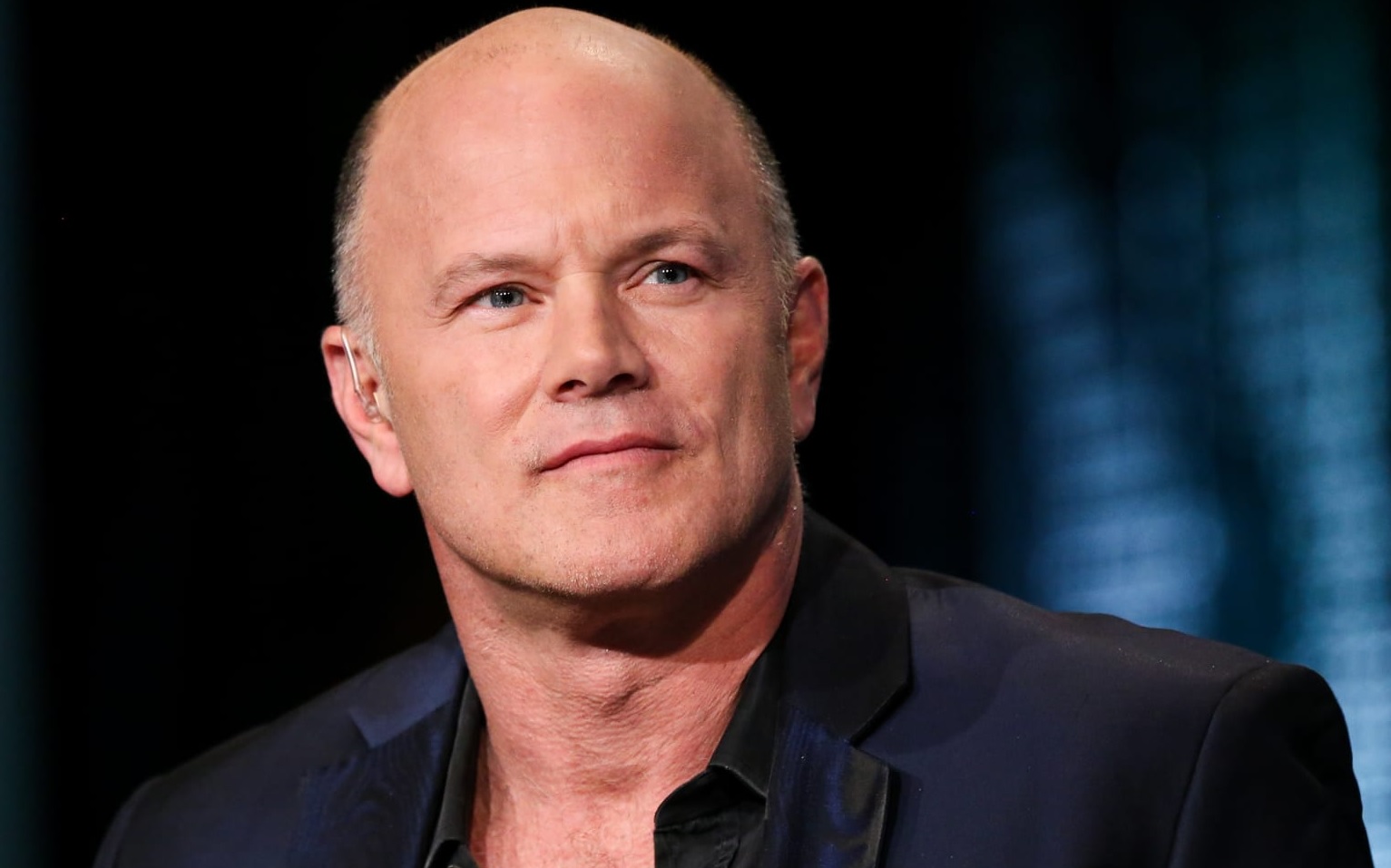When Erik Rico’s young son joined a travel baseball team in 2016, the former minor leaguer was shocked to see the price of youth baseball bats. Many were $200 or more — for a product his son might outgrow in a year or two.
While hanging out with his childhood friend Oscar Llarena, Rico lamented the high cost of playing the sport. The two thought back to their middle-income childhoods in the Miami area and considered the burden such prices would have placed on their families. “We never would have been able to afford it,” says Llarena. Together, they tried to come up with a solution.
The breakthrough came when they began to think about baseball gear as something people could subscribe to if they didn’t want to purchase it outright. In 2016, Rico and Llarena co-founded Miami-based baseball equipment retailer Bat Club. The company offers an online subscription service starting at $20 per month through which customers can rent baseball bats, gloves, and other equipment, with the option to switch gear if their children outgrow it — or simply don’t like it. The company, which also lets customers purchase equipment outright, generated $3.1 million in annual revenue in 2020, with a three-year growth rate of 1,425 percent. The fast growth was good enough to claim the No. 326 spot on the 2021 Inc. 5000 list — and No. 1 among Florida retail companies.
Rico is CEO of the 12-person company, while Llarena is chief marketing officer and continues to work full-time at IBM. The startup is growing through word of mouth and partnership programs, according to Rico. It offers brand ambassadors and batting facilities affiliate fees for getting people to sign up through unique QR codes and links.
For the co-founders, the digital business model made perfect sense for the modern world. “You don’t buy DVDs anymore,” says Llarena. “You don’t buy music. So why should you buy a bat — something your kid is going to outgrow soon anyway?”
Leveling the playing field
The costs of playing youth sports have soared in recent years, as equipment has advanced and travel teams have become the norm. Recent studies have found that American families spend from $100 to $500 per child per month on sports, with one Utah State University survey determining that some families spend as much as 10 percent of their income on their children’s sports. And kids from low-income families are six times more likely to quit sports because of costs than kids from high-income families, according to the Aspen Institute’s Project Play initiative.
Rico and Llarena are determined to change those statistics. Rico, who also coaches at a baseball academy near Miami, has a connection to a sports equipment wholesaler, which allows the pair to buy equipment in bulk and resell it at the lowest possible price. After the pair reached out to the parents of children in Rico’s academy to ask if they’d be interested in renting new bats on a monthly payment plan, 15 families quickly agreed. Word of mouth led other parents in the area to ask how they could sign up.
Llarena, a computer engineer who still works at IBM, designed a website for their new venture, which they called Bat Club. In the summer of 2017, the duo filled Rico’s van with baseball bats and drove to Central Florida for an annual baseball and softball tournament that draws in teams from all over the country. They set up a tent on the grounds of the complex and signed up dozens of parents on the spot.
Within months, Bat Club’s customer base grew from 15 to 1,500. The co-founders soon expanded the startup’s offering beyond bats, adding products like gloves, catching gear, helmets, and spikes. Today, customers can opt to pay for their equipment over the course of six, 12, or 18 months. With online memberships, customers can trade in pieces of equipment for new ones at any time. Llarena says the company has over 6,500 active subscriptions.
While Bat Club isn’t drastically reducing the annual price of playing sports that require significant equipment, the company is helping mitigate the up-front cost, which gives families the financial freedom to get their kids the latest equipment, according to Llarena. El Paso-based softball coach Susan Avena says that Bat Club has freed up money for her team to play in more tournaments. It also ensures that her players can have new gear each season without having to front the cost of softball bats or catching gear, each of which can cost $500 or more at the high school level.
“Before, the girls would show up at these games against teams that had all new equipment, and it was intimidating,” she says. “This levels the playing field.”
Later innings
Rico and Llarena are currently in talks with institutional investors, having raised all of the company’s nearly $1 million in investment capital to date exclusively from friends and family.
The co-founders’ long-term plan is to expand Bat Club’s offerings into other sports with expensive equipment, such as hockey or lacrosse. For now, though, they’re excited to see their product offer new possibilities to families. They think about all they gained from playing baseball — confidence, teamwork skills, and each other’s friendship, to name just a few — and hope others can experience it too.
“It hurts to hear about kids not being able to play this sport because of the cost,” says Llarena. “To help people afford to play this game, get the equipment they need, and not feel like they’re at a disadvantage, it makes the hard work worth it for us.”
Note: This article have been indexed to our site. We do not claim legitimacy, ownership or copyright of any of the content above. To see the article at original source Click Here













